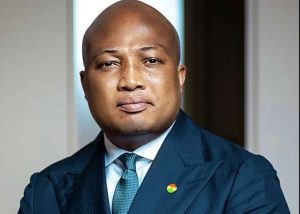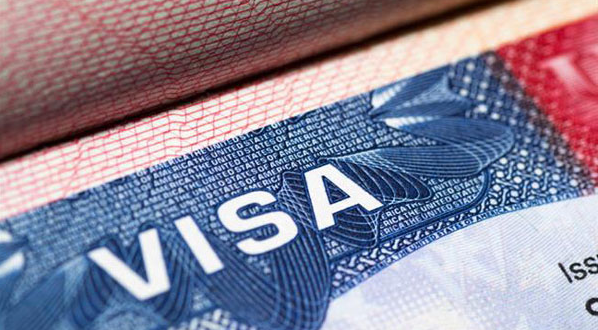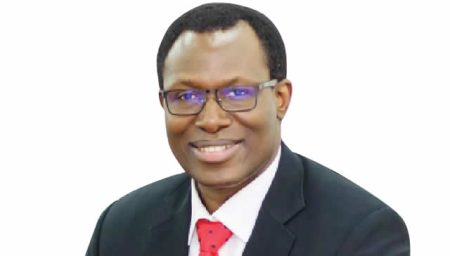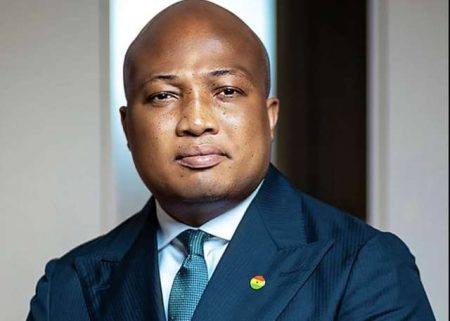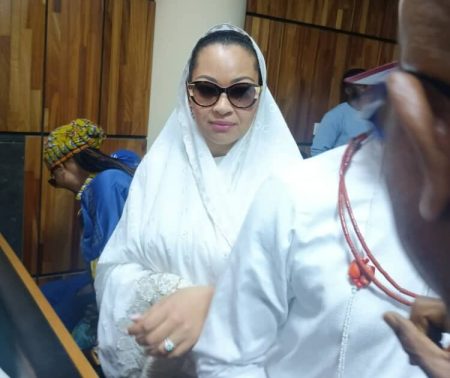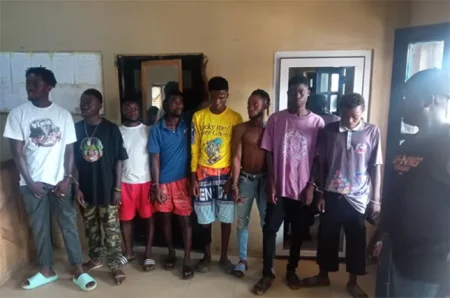The United States government has announced the resumption of student and exchange visitor visa processing, coupled with a new requirement mandating applicants to make their social media profiles public for vetting purposes. This decision, driven by national security concerns, reflects a heightened scrutiny of visa applicants in the F (academic), M (vocational), and J (exchange) categories. The Department of State emphasizes that visa issuance is a privilege, not a right, and that adjudications are inherently national security decisions. This policy shift signifies a move towards more comprehensive vetting procedures, utilizing all available information, including online presence, to identify potential security risks and individuals inadmissible to the United States.
The new directive mandates that all applicants for F, M, and J visas adjust their social media privacy settings to “public,” enabling consular officers to review their online activities and expressions. This measure aims to provide a more complete picture of the applicant’s background, beliefs, and associations, allowing for a more thorough assessment of potential security threats. The rationale behind this policy stems from the understanding that social media can offer valuable insights into an individual’s character, affiliations, and potential for engaging in activities that could jeopardize U.S. national security. While recognizing the importance of privacy, the Department of State prioritizes the security of the nation and deems this measure necessary to mitigate potential risks.
The move to scrutinize social media profiles marks a significant shift in visa processing procedures. Traditionally, visa applications have focused primarily on biographical information, educational background, and financial stability. While security checks have always been a part of the process, the explicit requirement for public social media profiles reflects a heightened awareness of the potential threats posed by individuals who may harbor extremist views or intend to engage in harmful activities within the United States. This increased scrutiny underscores the government’s commitment to safeguarding national security in an era of evolving global threats.
The resumption of visa processing, albeit with enhanced vetting procedures, comes after a period of suspension ordered by Secretary of State Marco Rubio in May. This suspension likely provided the opportunity to reassess existing procedures and implement the new social media vetting policy. The Department of State acknowledges that thorough vetting takes time and resources, but emphasizes its importance in ensuring the safety and security of the American public. The resumption of visa services, while incorporating more rigorous screening, aims to strike a balance between facilitating educational and cultural exchange and protecting national interests.
While the new policy has been implemented to enhance national security, it also raises concerns regarding privacy and freedom of expression. Critics argue that requiring public access to social media profiles could infringe on individuals’ right to privacy and potentially expose them to unwarranted scrutiny or discrimination based on their online activity. The balance between national security and individual rights remains a complex and contested area, and this policy is likely to generate ongoing debate and discussion. The Department of State maintains that the measures are necessary and proportionate to the security risks, and that the vetting process is conducted with due regard for individual rights.
Overseas embassies and consulates are expected to resume scheduling visa appointments for F, M, and J categories soon. Applicants are urged to check their local embassy websites for updates regarding the new procedures and required documentation. The implementation of this policy signifies a new era in visa processing, reflecting the evolving security landscape and the increasing reliance on online information in assessing potential risks. The long-term impact of this policy on international student and exchange programs remains to be seen, but it undoubtedly underscores the heightened focus on security within the context of international travel and exchange.




